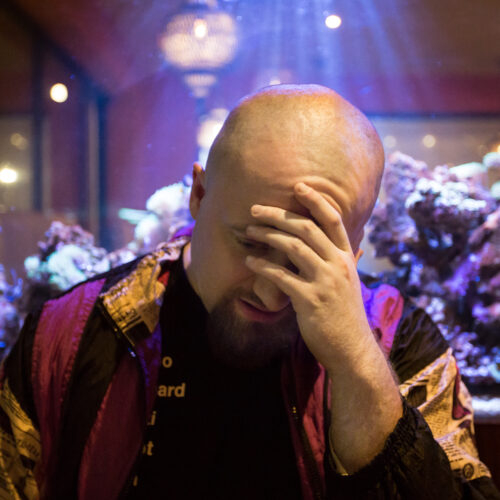
Writing the Future
We human beings love to try and predict the future, from the football scores to the next world conflict. Authors including Margaret Atwood, George Orwell and Kurt Vonnegut are amongst those who have famously done so. Futuristic, speculative fiction is big business, especially at a time when even the news can sound dystopian.
I think it’s a side-effect of our anxious natures and need for certainty. Are you worried about the climate and mass-extinction? Or is it robots that might become more powerful than humans that concerns you most? Do you have utopian dreams or apocalyptic nightmares? There’s room for all of it and more in the wide range of literary representations of the future.
I’ve tried in my own writing to imagine all kinds of futures, whether they’re apocalyptic call centres or re-populated with extinct animals. The hardest ones to imagine are always those that bear little resemblance to life on earth at this time – a far off planet or an alien life-form almost has too many possible forms to ever decide on one and get started.
Some of my favourite future writings are certainly the ones where our current existence is visible and recognisable amongst the chaos. Even the most mundane of our everyday activities become imbued with great significance if we’re doing them for the last time, as illustrated in The Ashes by Jack Underwood:
‘but imagine you knew the objects to hand
were your last objects: like a TV remote:
you’re rubbing its smooth back in your palm;
you’re clicking open the back and rolling
the batteries, like two little buddies in there –
you are alive.’
I can still remember my first apocalypse. I was 16 when the millennium bug was scheduled to decimate human civilisation and I can still remember that anxious feeling of not knowing whether the world around me, with all its solid things like cars and pavements and washing machines was going to be whisked away in an instant. The poem above (which is only an extract from the full thing) reminds me very much of that feeling.
I survived it of course, and the Rapture, and the end of the Mayan calendar and probably a dozen others since. And I’ve since started to think that perhaps the world wouldn’t end all at once, but in a slow decline where we don’t realise what’s happening. Perhaps the extreme future looks a lot like where we are now. Perhaps we’re already in it.
If the worst is so inevitable, can we do anything to prepare? Should we be building a bunker and stocking up on canned food in the event that we have to go below ground? Should we be practising our aim so we can take out three zombies with one bullet? Do we really want to survive, and have to re-build a ravaged world afterwards?
I also think, as writers, that we might even have an influence over how our readers start to think about the future. Might ‘experiencing’ a dystopian existence through a novel make people think twice about their political decisions? Might a poem about extinction remind us of the wonderful things around us that we need to try to preserve? There are hundreds of futures out there. Which one do you have your eye on?
|
|







Great post! Relevant to so many writers.
Thought provoking! Thank you.